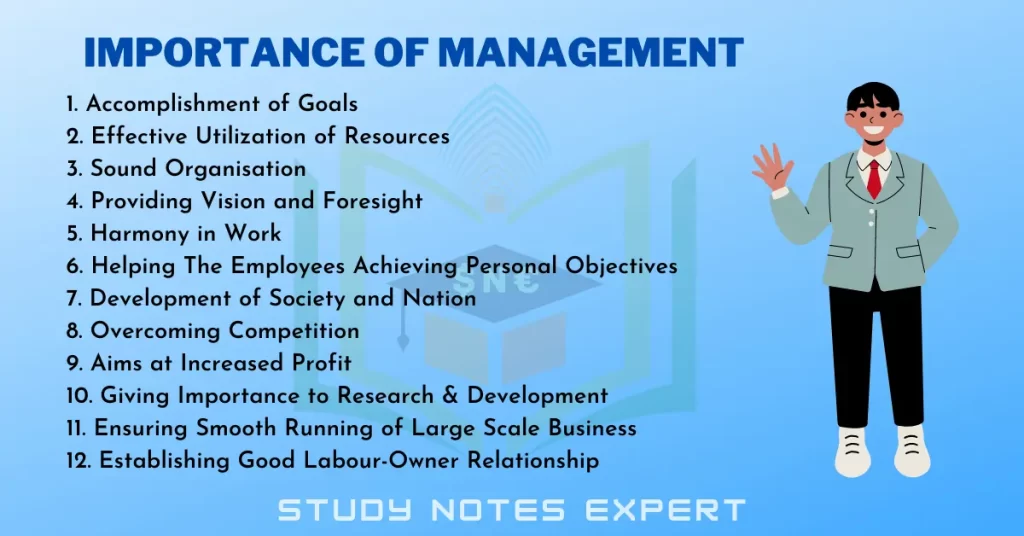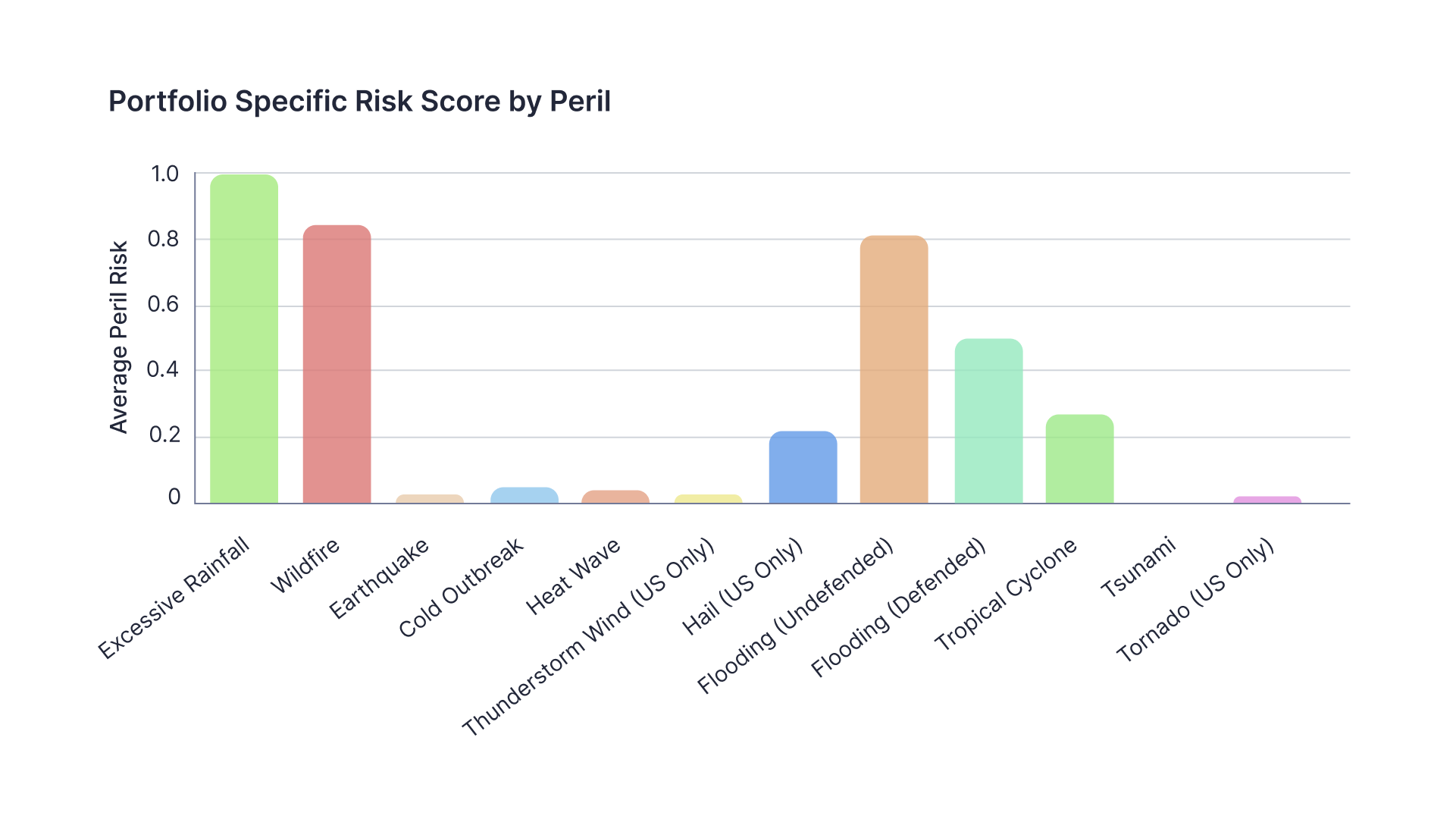The Strategic Importance Of Middle Management: A Modern Perspective

Table of Contents
Middle Management as a Bridge Between Leadership and Employees
Middle managers act as a critical bridge, connecting upper management's strategic vision with the day-to-day realities of individual teams. This crucial role ensures effective communication, information flow, and talent development, impacting overall organizational success.
Effective Communication and Information Flow
Effective communication is the cornerstone of successful middle management. They translate complex strategic goals from upper management into clear, actionable plans for their teams. This ensures everyone is on the same page and working towards the same objectives.
- Translating Strategy: Middle managers break down complex strategic initiatives into smaller, manageable tasks for their teams.
- Two-Way Communication: They facilitate a two-way flow of information, gathering feedback from employees and relaying it upwards. This fosters transparency and prevents miscommunication.
- Addressing Concerns: They proactively address employee concerns and questions, ensuring everyone feels heard and understood.
- Promoting Transparency: Open communication builds trust and fosters a more collaborative and engaged workforce.
Mentorship and Talent Development
Beyond communication, middle managers are instrumental in developing the talent within their teams. They act as mentors, guiding and supporting their team members' professional growth.
- Onboarding and Training: They are often responsible for the onboarding and training of new employees, ensuring a smooth transition into the company.
- Identifying Talent: They identify high-potential employees and create opportunities for their development and advancement.
- Succession Planning: They contribute to succession planning by developing future leaders within their teams.
- Performance Reviews and Feedback: They provide regular feedback, helping employees improve their skills and performance.
Driving Performance and Achieving Organizational Goals
Effective middle management is directly linked to improved team performance and the attainment of organizational goals. This is achieved through skilled team management, performance monitoring, and proactive problem-solving.
Team Management and Motivation
Middle managers are responsible for leading and motivating their teams to achieve peak performance. This involves fostering a positive work environment and addressing performance issues proactively.
- Setting Clear Goals: They establish clear goals and expectations for their teams, ensuring everyone understands their role in achieving overall objectives.
- Fostering Collaboration: They encourage collaboration and teamwork, creating a supportive environment where employees feel valued and respected.
- Conflict Resolution: They effectively resolve conflicts and address performance issues, ensuring a productive and harmonious work environment.
- Recognition and Rewards: They recognize and reward employee contributions, boosting morale and motivation.
Performance Monitoring and Improvement
Middle managers continuously monitor team performance against established metrics, identifying areas for improvement and implementing corrective actions.
- Tracking Key Metrics: They utilize key performance indicators (KPIs) to track progress toward goals and identify potential bottlenecks.
- Data-Driven Decision Making: They use data to inform their decisions, ensuring they are implementing effective strategies for improvement.
- Proactive Problem Solving: They identify and address potential problems before they escalate, keeping projects on track and minimizing disruptions.
- Process Optimization: They continuously look for ways to optimize processes and improve efficiency within their teams.
Adapting Middle Management for the Modern Workplace
The modern workplace is characterized by rapid technological advancements, evolving work styles, and a greater focus on employee well-being. Middle management must adapt to thrive in this dynamic environment.
Embracing New Technologies and Methodologies
Middle managers need to embrace new technologies and methodologies to maintain efficiency and productivity. This includes proficiency in various software tools and agile methodologies.
- Technology Adoption: They must be comfortable adopting and implementing new technologies to improve team performance.
- Project Management Software: Proficiency in project management software is crucial for tracking progress, managing resources, and collaborating effectively.
- Data Analytics: Understanding and utilizing data analytics helps in making data-driven decisions to optimize team performance.
- Agile Methodologies: Adapting to agile methodologies fosters flexibility and responsiveness to changing project requirements.
Fostering Employee Engagement and Well-being
Employee well-being and engagement are crucial for success in the modern workplace. Middle managers play a key role in cultivating a positive and supportive work environment.
- Work-Life Balance: They promote a healthy work-life balance, recognizing the importance of employee well-being.
- Mental Health Support: They create a culture that supports employee mental health and encourages open communication about challenges.
- Inclusive Workplace: They foster an inclusive workplace where all employees feel valued, respected, and empowered.
- Opportunities for Growth: They provide opportunities for professional development and career advancement, motivating employees and improving retention.
Conclusion
The strategic importance of middle management cannot be overstated. They are the linchpin connecting leadership vision with on-the-ground execution. By fostering effective communication, driving performance, and embracing modern workplace dynamics, strong middle management is essential for organizational success. Investing in the development and support of your middle management team is an investment in the future success of your entire organization. Prioritize the development of strong middle management capabilities to unlock your company's full potential and achieve lasting success. Don't underestimate the power of effective middle management!

Featured Posts
-
 Nyt Mini Crossword Puzzle Solutions April 8 2025 Tuesday
May 21, 2025
Nyt Mini Crossword Puzzle Solutions April 8 2025 Tuesday
May 21, 2025 -
 Factors Contributing To The Recent Increase In D Wave Quantum Qbts Share Price
May 21, 2025
Factors Contributing To The Recent Increase In D Wave Quantum Qbts Share Price
May 21, 2025 -
 Confronting The Love Monster How To Overcome Relationship Obstacles
May 21, 2025
Confronting The Love Monster How To Overcome Relationship Obstacles
May 21, 2025 -
 Assessing Climate Risk Before Applying For A Home Loan
May 21, 2025
Assessing Climate Risk Before Applying For A Home Loan
May 21, 2025 -
 January 6th Witness Cassidy Hutchinson To Publish Memoir This Fall
May 21, 2025
January 6th Witness Cassidy Hutchinson To Publish Memoir This Fall
May 21, 2025
Latest Posts
-
 Mild Temperatures And Little Rain A Look At The Week Ahead
May 21, 2025
Mild Temperatures And Little Rain A Look At The Week Ahead
May 21, 2025 -
 Enjoying Breezy And Mild Conditions Top Travel Spots And Activities
May 21, 2025
Enjoying Breezy And Mild Conditions Top Travel Spots And Activities
May 21, 2025 -
 Minnesota Twins Baseball 10 Games On Kcrg Tv 9 This Season
May 21, 2025
Minnesota Twins Baseball 10 Games On Kcrg Tv 9 This Season
May 21, 2025 -
 Monday Severe Weather Increased Storm Chance Overnight
May 21, 2025
Monday Severe Weather Increased Storm Chance Overnight
May 21, 2025 -
 Investigation Into Washington County Breeder Following 49 Dog Seizure
May 21, 2025
Investigation Into Washington County Breeder Following 49 Dog Seizure
May 21, 2025
